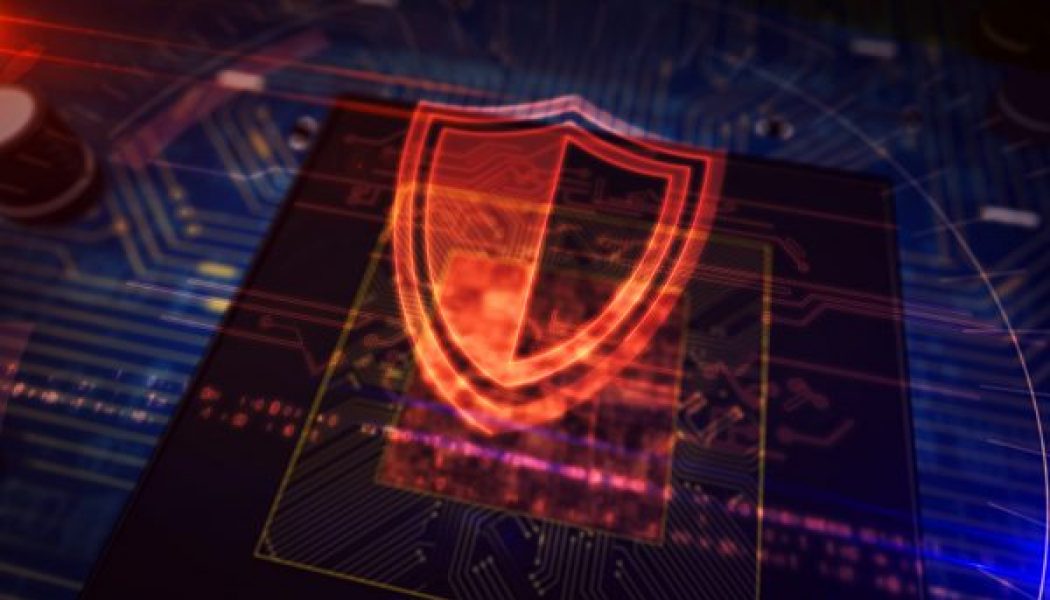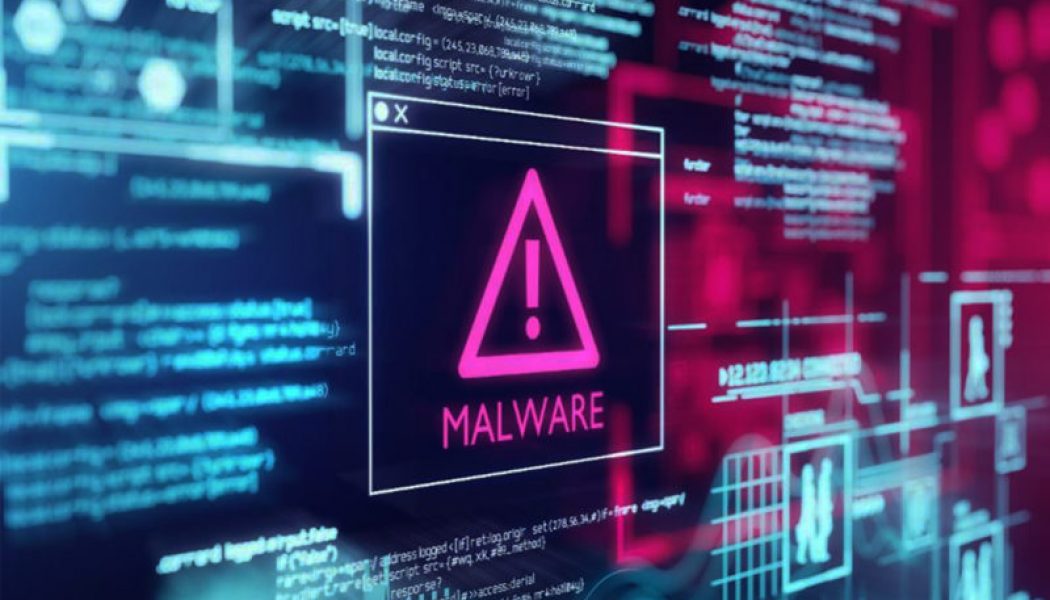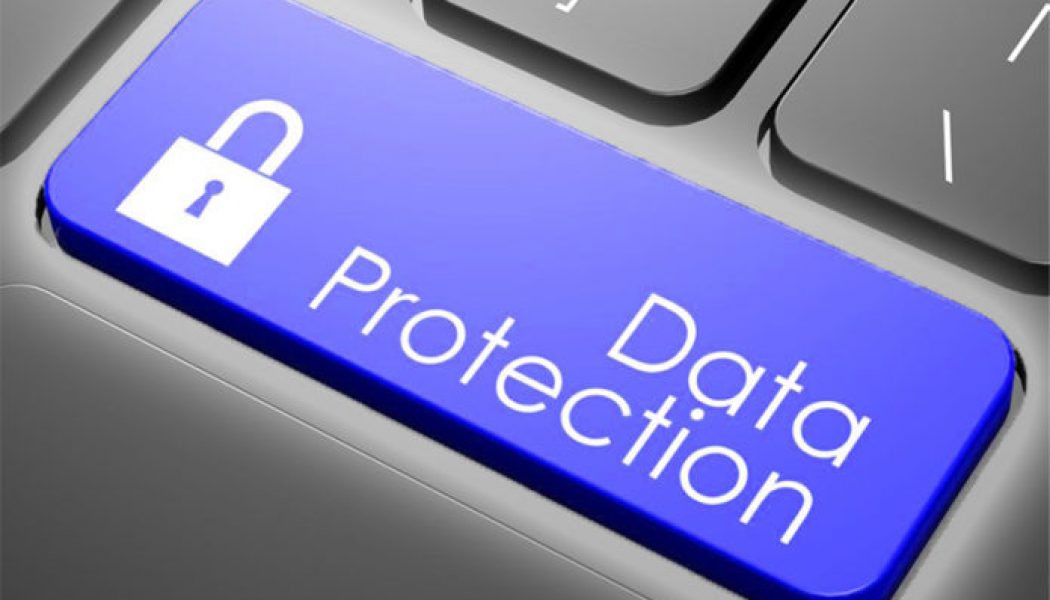cybersecurity
Massive Rise in Cybersecurity Awareness Across Nigeria, Kenya and South Africa
Sourced from IDG Connect Nearly two thirds (66%) of remote workers in Nigeria, Kenya and South Africa say they are more conscious of their organisation’s cybersecurity policies since the lockdown began – according to a new study from Trend Micro. However, it might be too early for businesses to breathe a sigh of relief, as the results also found that lockdown does not necessarily apply to employee cybersecurity habits, as risky behaviours persist. The study – which questioned over 13,000 remote workers across 27 countries, including 508 respondents from Nigeria, Kenya and South Africa on their attitudes towards corporate cybersecurity and IT policies – indicates that there has never been a better time for companies to take advantage of heightened employee cybersecurity awareness to crack d...
South African Organisations Lag Behind Global Average of Cybersecurity Resilience
Email and data security company, Mimecast, unveiled its fourth-annual State of Email Security 2020 report. This report summarises details from 1,025 global IT decision-makers on the current state of cybersecurity. The findings in this year’s report demonstrate that despite high levels of confidence in respondents’ cyber resilience strategies, there is a clear need for improvement. While a large majority (77%) of respondents say they have or are actively rolling out a cyber resilience strategy, only 62% of South African organisations are doing the same. Yet an astounding 47% of local organisations – and 60% of global ones – believe it is inevitable or likely they will suffer from an email-borne attack in the coming year. South African respondents cite data loss (35%), a decrease in employee...
Why Data Management Needs to be a Priority as Cybercrime Explodes
Working from home has become the new normal, and everyone is online, possibly with less secure connections than required. There has also been a huge uptake of cloud-based services in order to support a mobile workforce. This means that digital transformation has seen rapid growth, but it also means that many (possibly distracted) people are now highly attractive targets for cybercriminals. New vulnerabilities mean new loopholes for these criminals to exploit exposed businesses, and the result has been a dramatic increase in cybercrime. As a result, data management is required to curb these increasing threats. Lack of awareness means easy pickings With the need for businesses to rapidly move to a mobile workforce, cloud services are the first port of call. However, the urgency with which th...























